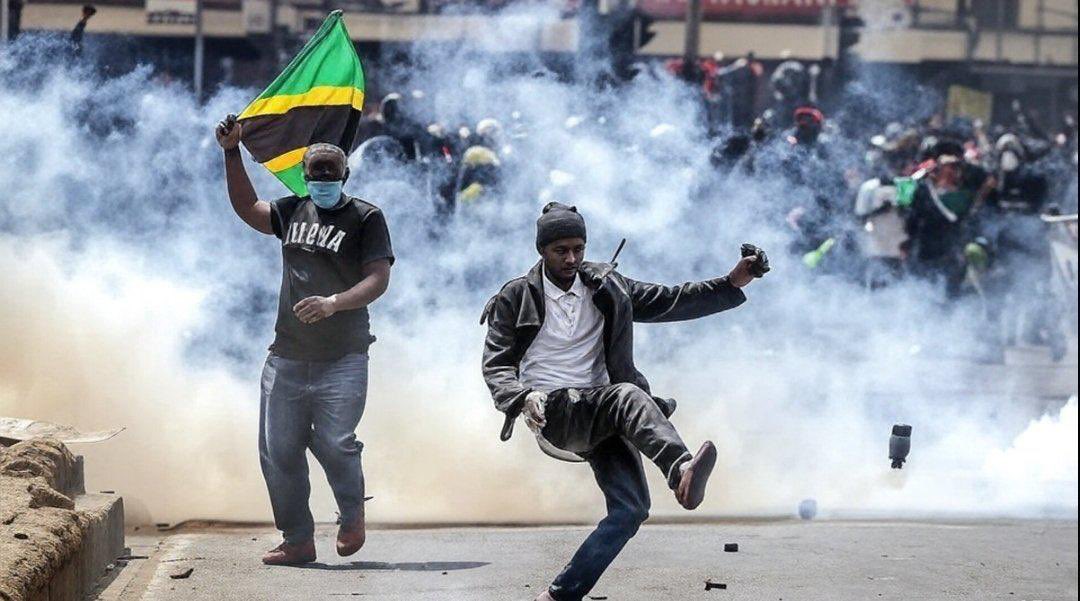
Protests have escalated in Tanzania following elections on Oct. 29 widely viewed as a sham. Violence erupted on polling day over the exclusion from the ballot of President Samia Suluhu Hassan’s two biggest challengers, and increasing government repression. The protesters defied a heavy security presence to target polling stations, police vehicles, and businesses connected to the ruling party, some chanting “We want our country back!” An unknown number of people were shot dead, and Amnesty International has called for an investigation. Protests continued Oct. 30 despite an internet blackout and the deployment of soldiers to enforce a lockdown. Tanzania’s main airports were also closed, with clips posted of people surging onto the runway in Dar es Salaam. Protesters were again on the streets on Oct. 31, this time trying to reach State House.
Hassan was initially lauded as a reformer upon coming to power four years ago but has overseen a harsh crackdown on opponents that has included forced disappearances and extrajudicial killings. Her son, Abdul, has been accused of directing the most recent bout of abductions. The silence from the African Union, and regional body SADC—where several ruling parties are also under pressure—has been deafening. Yet again, as in—most recently—Madagascar, a clear case of democratic backsliding has been ignored. It leaves a frustrated citizenry with little other option than to vent their anger on the streets.
From The New Humanitarian, Oct. 31. Internal links added.
Several other African countries are facing mass protests and crises of state legitimacy at this moment.
Photo via Twitter




